Back in March (when I originally wrote this!), I attended several panel events as part of Neurodiversity celebration (NDC) week. It is annual event initiated in 2018 by Autistic Advocate Siena Castellon1, to celebrate the various neurological differences which fall underneath the neurodiversity umbrella, such as ADHD, autism, dyslexia and dyspraxia. The umbrella also covers a many other conditions such as synaesthesia which are less well-known, and others which people are often not aware fall into the classification such as epilepsy.
The terminology and perception of these differences have erred towards the negative for decades, particularly in the cases of Autistic Spectrum Disorder (ASD), and Attention Deficit hyperactivity Disorder (ADHD)- a double negative! In recent years there has been push back from the individuals bearing these labels to say that the narratives so often associated with them, do not represent their experience and that they, we are not a problem to be solved.
We are different, not disordered.
‘Neurodiversity’ is a term that was coined by Judy Singer2 to describe the full range of human thinking styles, not just those which fall outside the ‘norm’. As one attendee said in the chat, ‘a lack of diversity in nature is a sign of ecological decline’. I’ve said it before, but we humans tend to forget- we are not separate from nature, we are part of it. Just like any other difference, those who are not part of the perceived neuro-majority, are not a quirk to be tolerated, but an essential part of the human story to be celebrated!
One of the hosts, Atif Choudhury,3 asked the panel ‘How do you celebrate your neurodivergence?’. In the chat I wrote, ‘I bang on about it all the time…’ but as I was typing I heard him repeat the question to a panellist, with the emphasis on the word celebrate. Only then did I hear the question properly. I deleted my comment and I thought about it long and hard, both then and since…
I’m not ashamed of it. I don’t hide my diagnosis; I write about it, speak about it,
I own it…
…But I could not think of a single time that I had celebrated my ADHD.
Ooft!
There are always so many thoughts and feelings, but that certainly opened the floodgates! Why? In amongst the descriptions of the ways ADHD has, and continues to impact my life, of how I have managed to live a reasonably ‘successful’ life despite it, in trying to break down stereotypes and bust myths… Why have I never celebrated all the ways that I am brilliant because of my ADHD?
The reasons are numerous and complex and probably several separate articles, but the short version is that since my diagnosis (and the months immediately prior), I have undergone so many psychological ‘injuries’ that it has been difficult not to blame my diagnosis for what feels like a huge deterioration in my life since. I was signed off work over the winter of 2021-22 due to being ‘burned out’, which left me feeling isolated and afraid for the future. My childhood abandonment trauma was reactivated in part due to, and compounded by what I thought was a close friendship, but was actually a trauma-bond, and ended in yet another abandonment. I have re-lived historic workplace trauma related to my undiagnosed ADHD, and more recently, am again unable to work, this time due yet more trauma reactivation…
It’s not hard to see why I haven’t felt much like celebrating.
It's impossible (even for someone with my levels of excessive introspection) to parse out which things are due to ADHD, which are symptoms of burnout, or related to trauma, particularly as they are all overlapping and intersecting; as I wrote in ‘I am not a snack’; I am, and continue to be, a composite of all my life experiences. I have been trying to separate them, because it looks like the reasonable adjustments put in place to help with my ADHD at work, have not prevented me from becoming so overwhelmed as to burn out again. But that is less than half the story, and what sadly but reassuringly came up over and over in the chats during NDC week, is that I am far from alone in this experience.
So many people, especially late diagnosed women, are being asked to tell employers what they need to support them in the workplace, which is a great start (although it seems many are not prepared to follow through). But what is not recognised or understood is that we very often do not know ourselves what that is.
Our diagnostic labels, whilst providing some indication to the ways in which we experience the world differently to the majority, are not monolithic. There is no one set of adjustments for each label which will magically remove the challenges those differences present. Finding out how to adapt our lives to meet our needs takes time, trial and error, and a lot of messy, hard, deep work so it’s no surprise that in doing so we often burn out, are re-traumatised or simply give up.
We have spent our whole lives believing we are just a faulty version of one thing, only to discover that we are something quite different, and a lifetime of trying to fit into the wrong shaped hole has left us unsure where our true boudaries really lie. We have spent so long pretending to be like everybody else and denying our needs, that we often have no idea what they are.
Worse still, we have no idea of who we really are.
I don’t think I can find words to adequately describe how it feels to lose your entire sense of self (especially so late in life), so it has been such a relief to find community amongst people with whom it is not necessary. To hear strangers, try (with that same lack of language with which to do so) to explain that they no longer feel like they know who they are, but to understand on such an intrinsic level that you feel them to be kin, despite only existing as a set of initials in a zoom chat box.
There is another common experience amongst the late diagnosed, and which I remember expressing very early after my diagnosis and have still not resolved; ‘I don’t know which parts of my ‘personality’ are me, which are ADHD traits, and which are trauma responses and/ or masking behaviours’. One response, which gave me great comfort at the time was that ‘It doesn’t matter, you’re just Emma and that’s what we love about you’.
Unfortunately, as I have dug deeper into the work of learning more about myself and my needs, and developed the confidence to express them, I have been met with resistance. This implies that the value that was seen was not in me, ‘the real Emma’, but in the mask that I had created to fit in.
My ADHD diagnosis came alongside so much pain (most of which was not directly related to it) that it’s hardly surprising that I have merely tolerated it, and encouraged others to do the same. Add to this the fact that many of what I think of as the benefits of having an ADHD brain, come inextricably linked with caveats and difficulties. So no, celebrating my neurodivergence has not been a priority, or even a consideration.
Until now!
Because in the words of the amazing Yan ‘Magic Pants’ Palmer, I’m ‘really f*cking likeable’. Socialisation makes me want to cringe at sharing that but, it is evidenced by the number of wonderful humans I am lucky enough to count as my friends, and I reckon my ADHD brain has a fair amount to do with that. So, without further ado, qualification, or caveat, I give you a list of ways that…
…So yeah, I guess to most people, that would make me pretty ‘f*cking likeable’!
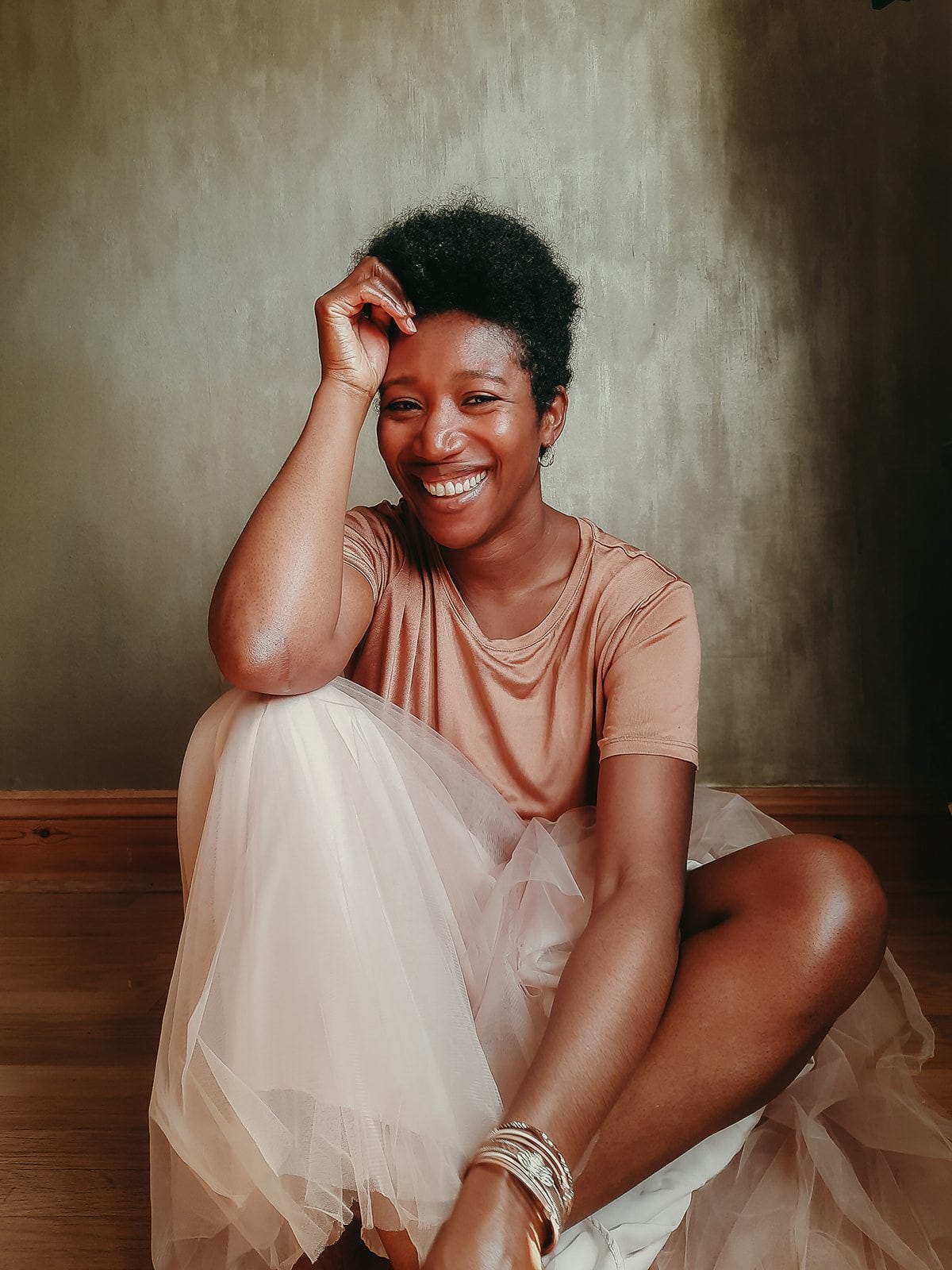
Another thing that’s great about my ADHD is that it creates links between everything, everywhere, all at once! So, I went on to write a further 800 words that I have now excised for a different post (maybe!). They are ongoing and I realised that they were in fact, qualifications. So, I started another document alongside this (the caveats!) and hopefully you won’t have to wait so long to hear from me again!
In the meantime, some points to think or journal on, and perhaps share in the comments or chat if you’re open to it.
What can you celebrate about yourself today?
Are there any things about yourself that you have been merely tolerating when they are perhaps worthy of celebration?
Have you considered why that might be?
If you cannot find anything worthy of celebration in yourself, could it be that you are judging yourself against a standard that is not your own as we have been taught to do?
What if you created a list of your own values and assessed yourself against them? Do you fair any better?
As ever, this remains a safe space to be true to ourselves and each other, away from the noise of social media, and I am so glad you are here with me! I’ve hopes to grow this community further, so if you can think of anyone who would appreciate joining us, or even just reading this post, please do share the love! x
https://www.linkedin.com/in/siena-castellon/
https://www.linkedin.com/in/judysingerneurodiversity/
https://www.linkedin.com/in/atif-choudhury-5a98a392/





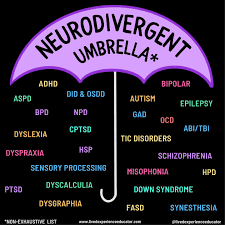
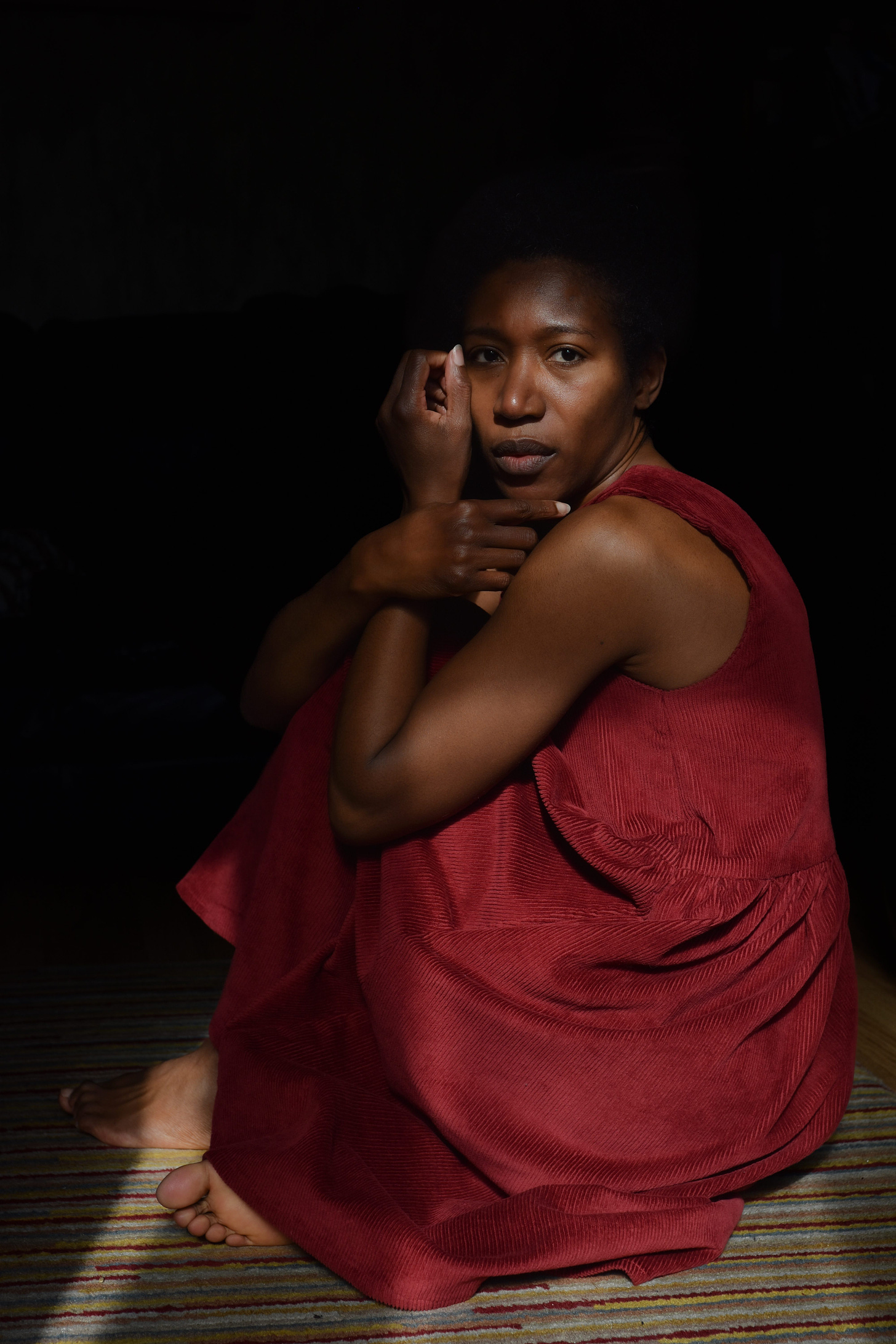

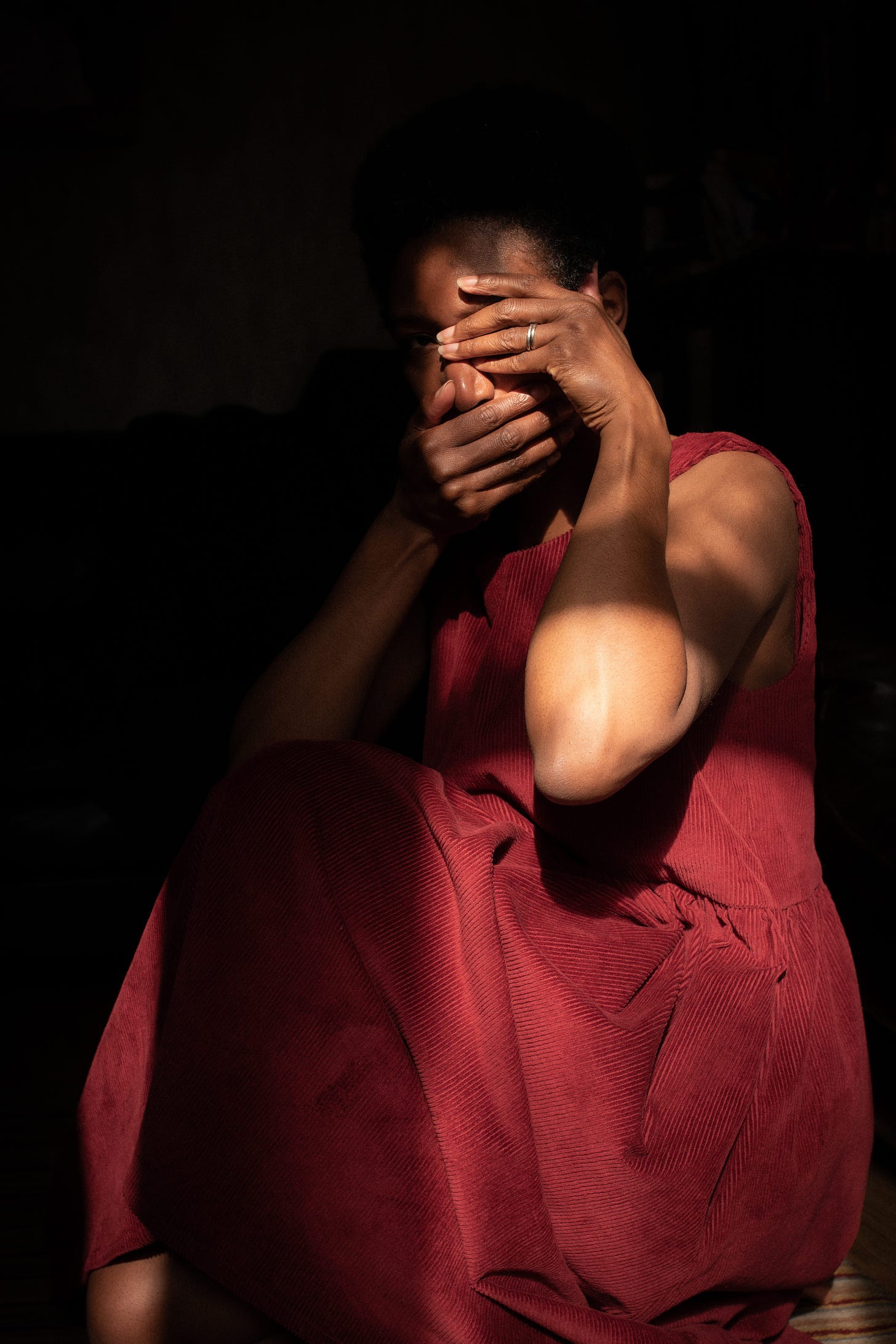
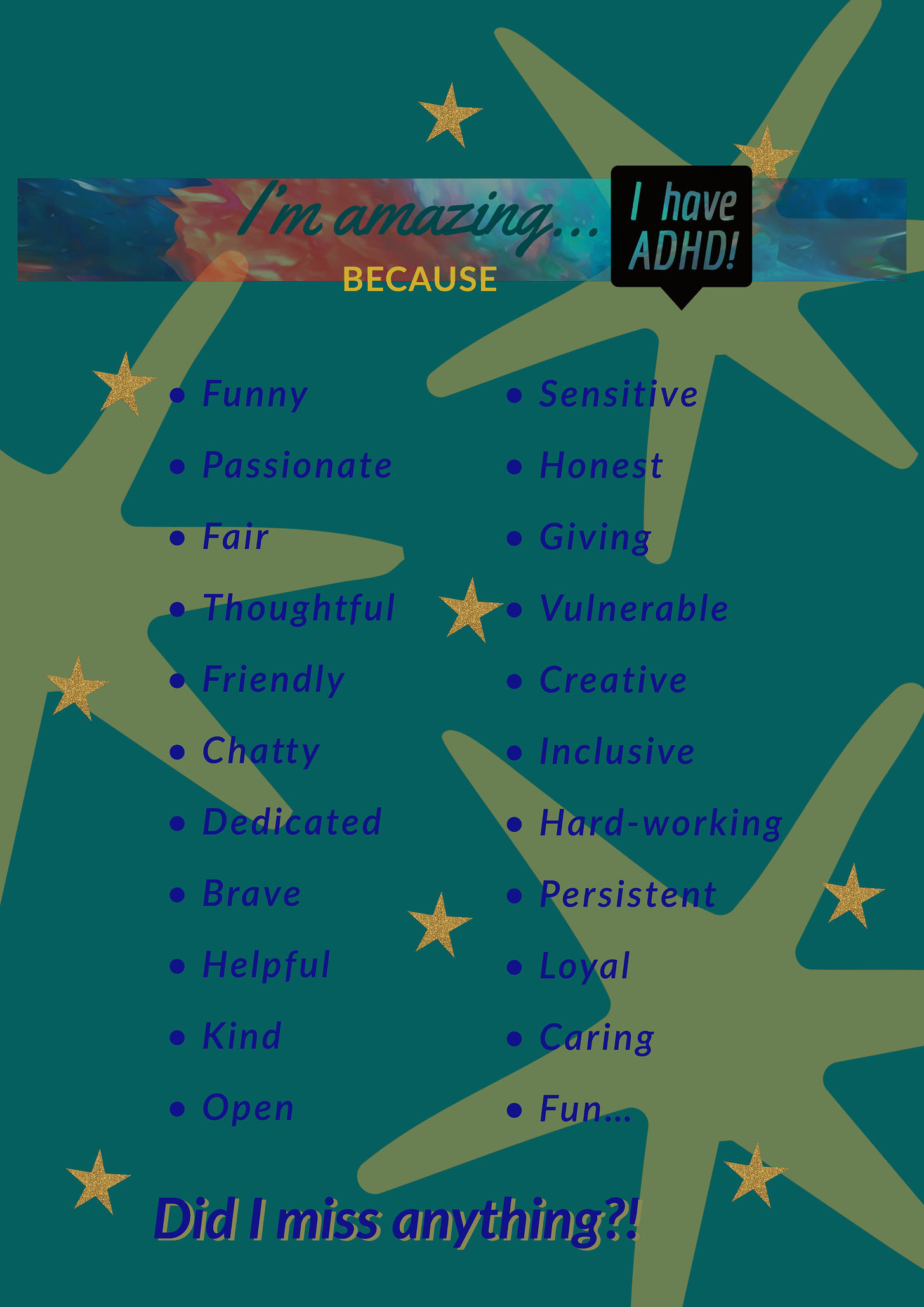
Great read Emma! Celebrating getting through another week at work haha and looking to forward to the Monday off to find ways to push my Substack further.
Completely resonates with me. Particularly this bit: We have spent our whole lives believing we are just a faulty version of one thing, only to discover that we are something quite different, and a lifetime of trying to fit into the wrong shaped hole has left us unsure where our true boudaries really lie. We have spent so long pretending to be like everybody else and denying our needs, that we often have no idea what they are.
Thank you!